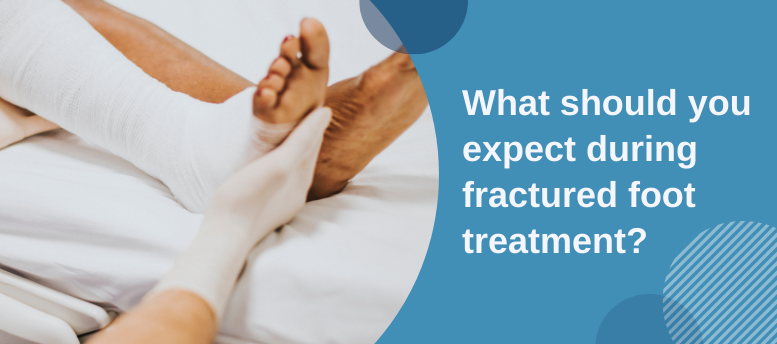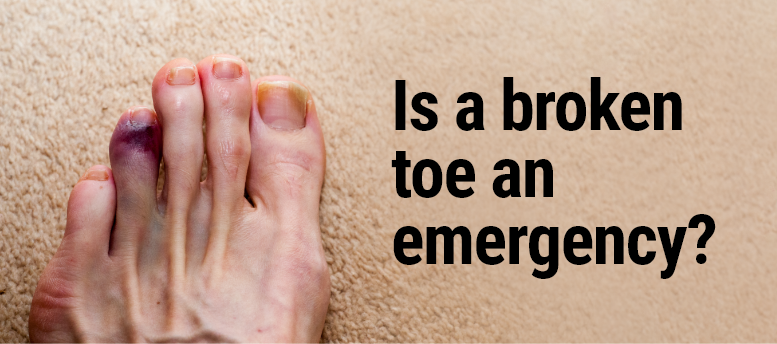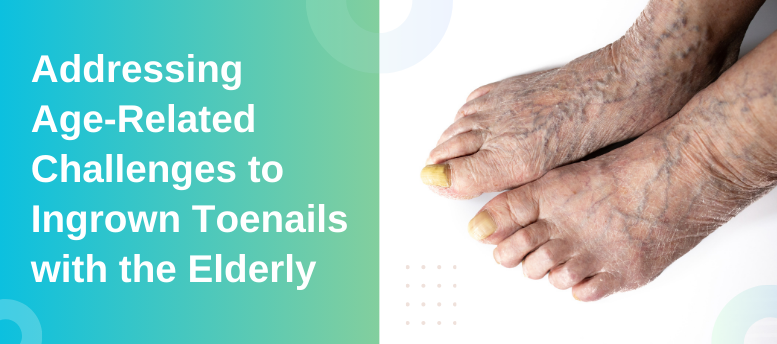Did the back of your ankle make a loud snapping or popping sound? Does it feel like you have been struck in the back of your leg, and you suddenly can’t bend your foot downward or stand on your toes? Perhaps there is no pain and you could still walk somehow, but you’ve just experienced a ruptured Achilles tendon. This emergency requires the attention of an urgent care podiatrist.
A podiatrist in Thousand Oaks can check out your symptoms and perform exams and tests to determine the extent of the damage. They may conduct an ultrasound or an MRI and place you in a boot or cast to protect your injury. Depending on the severity of the rupture, you may need to use crutches to walk until you are completely healed.
What is the Achilles tendon and what does it do?
The Achilles tendon is a large band of tissue connecting the calf muscles to the heel bone. It’s in the back of the ankle, and it lets you point your foot downward, push off when walking or running, and rise on your toes.
Repeated stress and overuse could make it more prone to injury, resulting in inflammation and small tears. A full tear through the tissue is known as an Achilles tendon rupture.
Signs of an Achilles tendon rupture
Seek urgent care from a foot doctor immediately if you notice these symptoms:
- You heard a loud snapping or popping sound.
- You feel as if someone kicked you hard in the calf.
- There is severe pain and swelling near your heel.
- You cannot walk normally, stand on your toes, or bend your foot downward.
What causes the injury?
The Achilles tendon can rupture with a sudden strong motion that severely stresses the calf muscle. The extra force usually exceeds the pressure the tissue can handle. Athletic activities such as jumping or running can cause it, but it can also result from tripping and falling.
Adults aged 30 to 50 may experience a ruptured Achilles tendon, especially when participating in recreational sports. Weakened tendons from taking certain medications, such as antibiotics or steroids, are also prone to rupture.
How is a ‘tear’ different from a ‘rupture’?
They are essentially the same, as they are both caused by too much stress on the tissue. However, they differ in terms of the extent of the tear.
A podiatrist in Thousand Oaks may diagnose the injury as a ‘rupture’ if it’s a complete tear. Partial tears affect only a piece of the tendon and may cause mild to no symptoms. Meanwhile, complete ruptures are painful and cause sudden loss of movement and strength.
How is this condition treated?
An urgent care podiatrist will discuss the treatment options with you. The severity of the injury, your regular activity level, and your age will determine whether or not you will need surgery. Some people can recover with non-surgical treatment such as proper rest, ice therapy, crutches, over-the-counter pain relief medications, and wearing a walking boot or cast to keep the ankle in place.
Surgery for a ruptured Achilles tendon requires an incision in the back of your lower leg, allowing the surgeon to stitch back the torn pieces of the tissue together. The surgeon may reinforce the tendon with other tendons. An urgent care foot doctor may recommend surgery for complete ruptures and non-surgical treatment for partial tears.
Did you injure your Achilles tendon?
Make an appointment with a board-certified podiatrist in Thousand Oaks at Urgent Care For Feet if you have recently injured your Achilles tendon or experienced any other foot or leg injury. They will work closely with you to identify the best treatment option to speed up healing and reduce pain.




